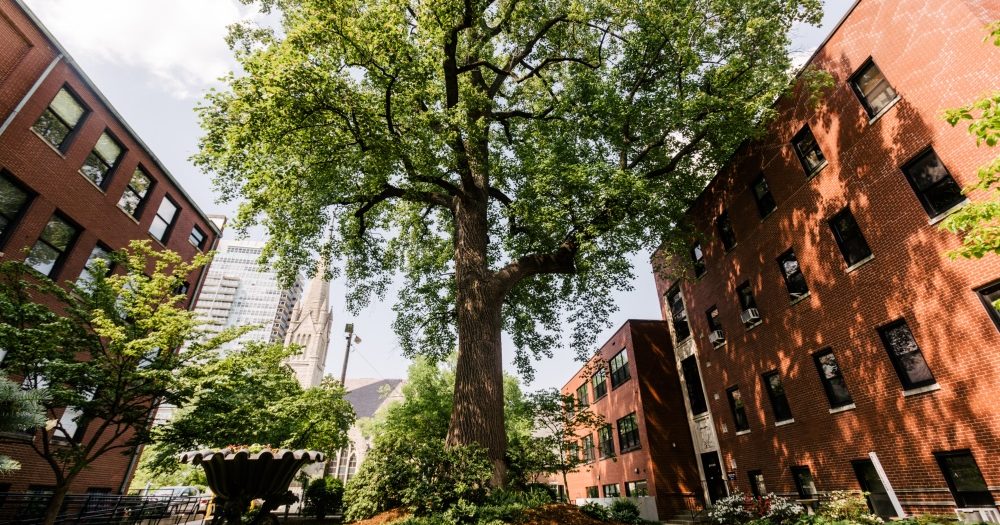
By Allison From-Tapp, Psy.D., HSP
One of my children is a first-year college student who was home for the holidays. I mentioned writing this blog and asked him what college students need to know about mindfulness. At first, he said, they need to know what it is! I replied, “It is paying attention, on purpose, in the present moment, without judgement.” His response, “that ‘without judgement’ part is hard. People need to know how to do that.”
So, how do you do that? People often believe that social media increases our comparisons to others which could also increase feelings of judgment. If you use social media, begin paying attention to how you feel when scrolling. If you find yourself getting stuck in comparing yourself, your life, your activities, your body, your style, or anything else about yourself and then feeling negatively about it, you may want to start working on either cutting back on social media or working to figure out how to take away the comparisons and therefore, the judgement.
Throughout our lives we judge ourselves and that isn’t a necessarily bad thing. We should pay attention to what we do and judge ourselves based on our own standards. That is a great way to grow. But when we compare ourselves to others, we don’t always allow for that growth. So, as you begin this new year, part of your work may to figure out what values and standards you have for yourself. Once you know what is important to you, you have a better sense of the direction you take with your life. And you can compare yourself to yourself in order to see growth.
Having a mindset of self-compassion also helps reduce judgement. We all make mistakes and face challenges. Sometimes things go well and sometimes they don’t. Life is full of ups and downs and that is the way we learn. Focusing on the lessons learned and learning how to grow through setbacks is part of the human experience and is essential. The acknowledgment that it is ok to make mistakes is vital. Without mistakes there can be no learning and therefore, no growth.
College is a time of tremendous growth which can be hard and painful at times. Self-judgement can make that pain worse and yet it is a common struggle among all people, especially young adults. In order to work toward a life of less judgement, students can begin to work on the following strategies:
- Practice Self-Compassion
- Challenge negative thoughts
- Set realistic Goals
- Focus on Growth
- Cultivate Mindfulness
- Seek Support
- Embrace imperfections and learn from the setbacks
- Reduce/Avoid social comparison (no one is perfect, no matter what it looks like online)
- Prioritize Self-Care: figure out your boundaries, learn to set them, figure out how much
relaxation time you need and prioritize that
As we cultivate mindfulness (paying attention, on purpose, in the present moment) we are also working on non-judgement. As we work to be more present and more accepting of the failures that help us grow, we actually become more resilient. We learn that failure is just a momentary experience that propels us to the next moment. Allow that next moment to be joyful, connected, and grounded in this present moment.
You can practice that with the third stop on our Mindful Moments tour.
Any tree in MC2: Depending on the time of year you may interact with this tree (or any others) in different ways. Notice things about the tree. Does it have blossoms? Smell them if you can. Is it full of leaves? Touch them and notice the feeling between your fingers. Look at its strong trunk. Notice the pattern the bark makes. Maybe it is winter and the tree is bare. Notice the branches. They are so strong and resilient as the leaves fall away but return every year. Spend a moment thinking about your own resilience. How do you bounce back after your leaves fall off? What keeps you resilient through the winters of life? Try this exercise with any other trees you walk by.